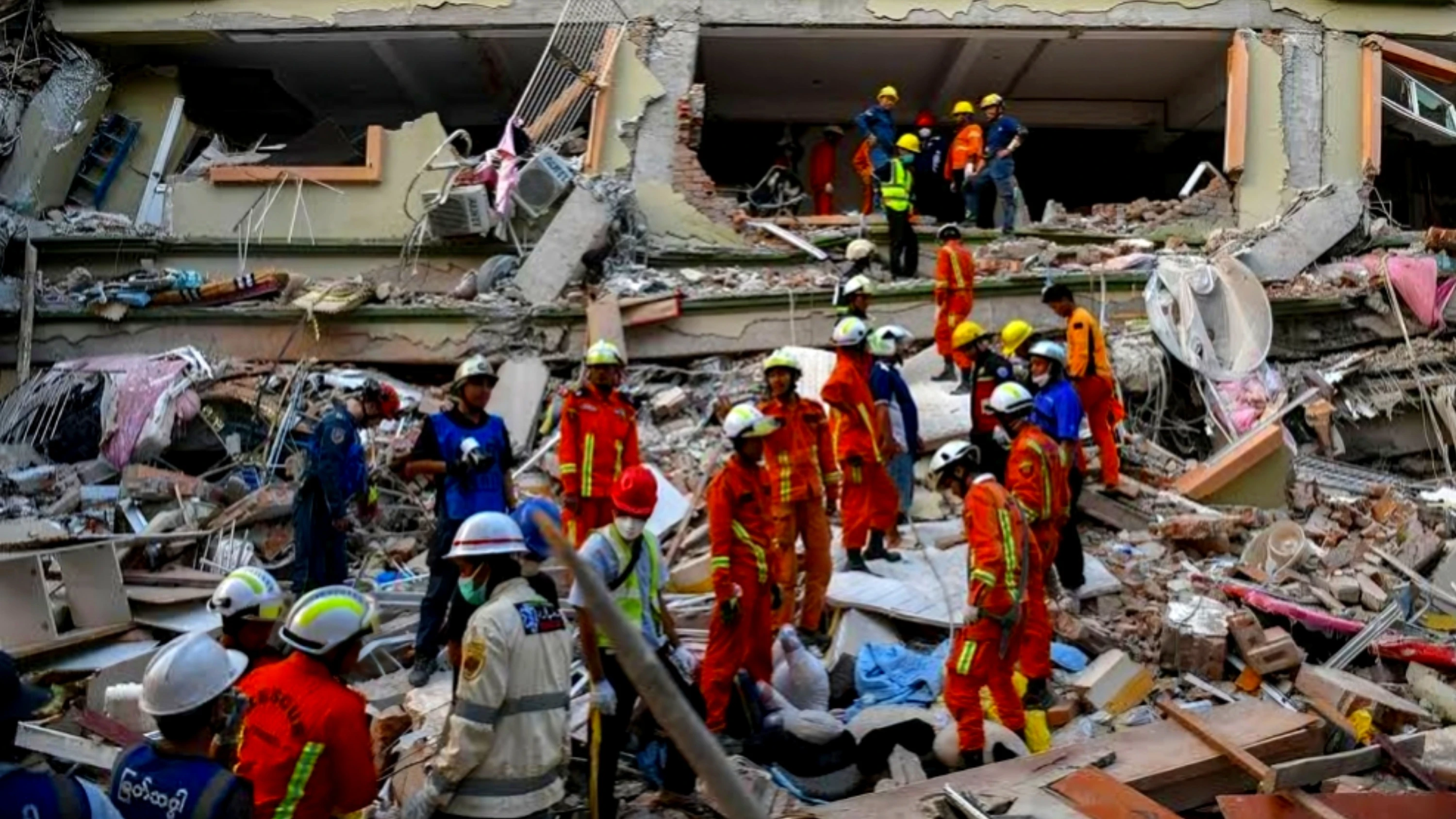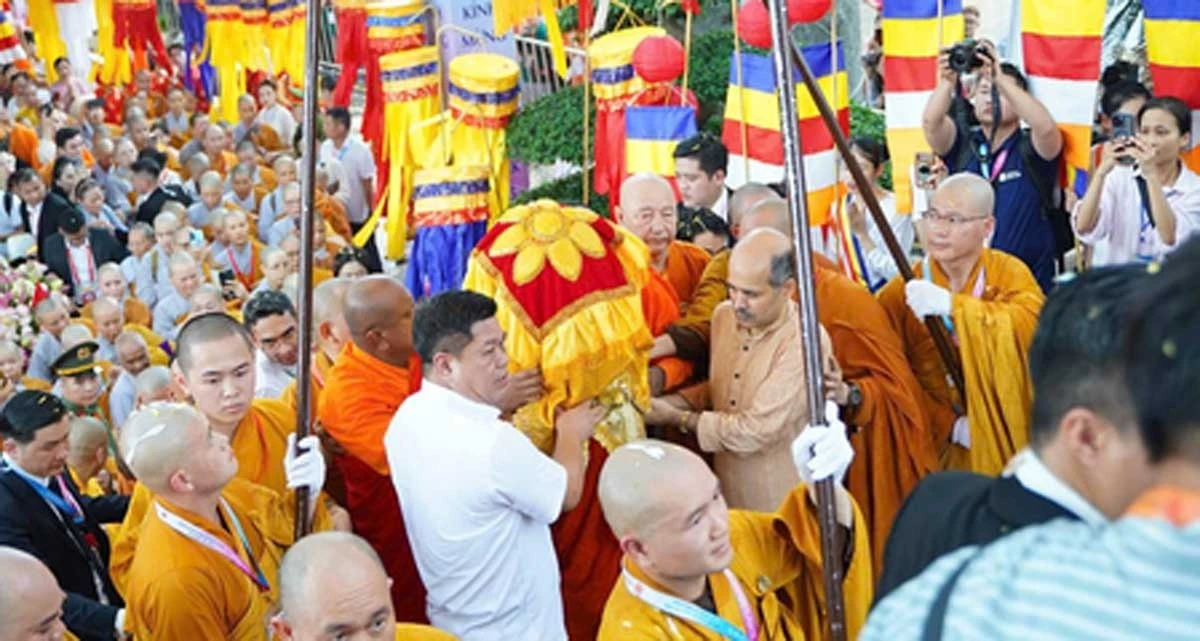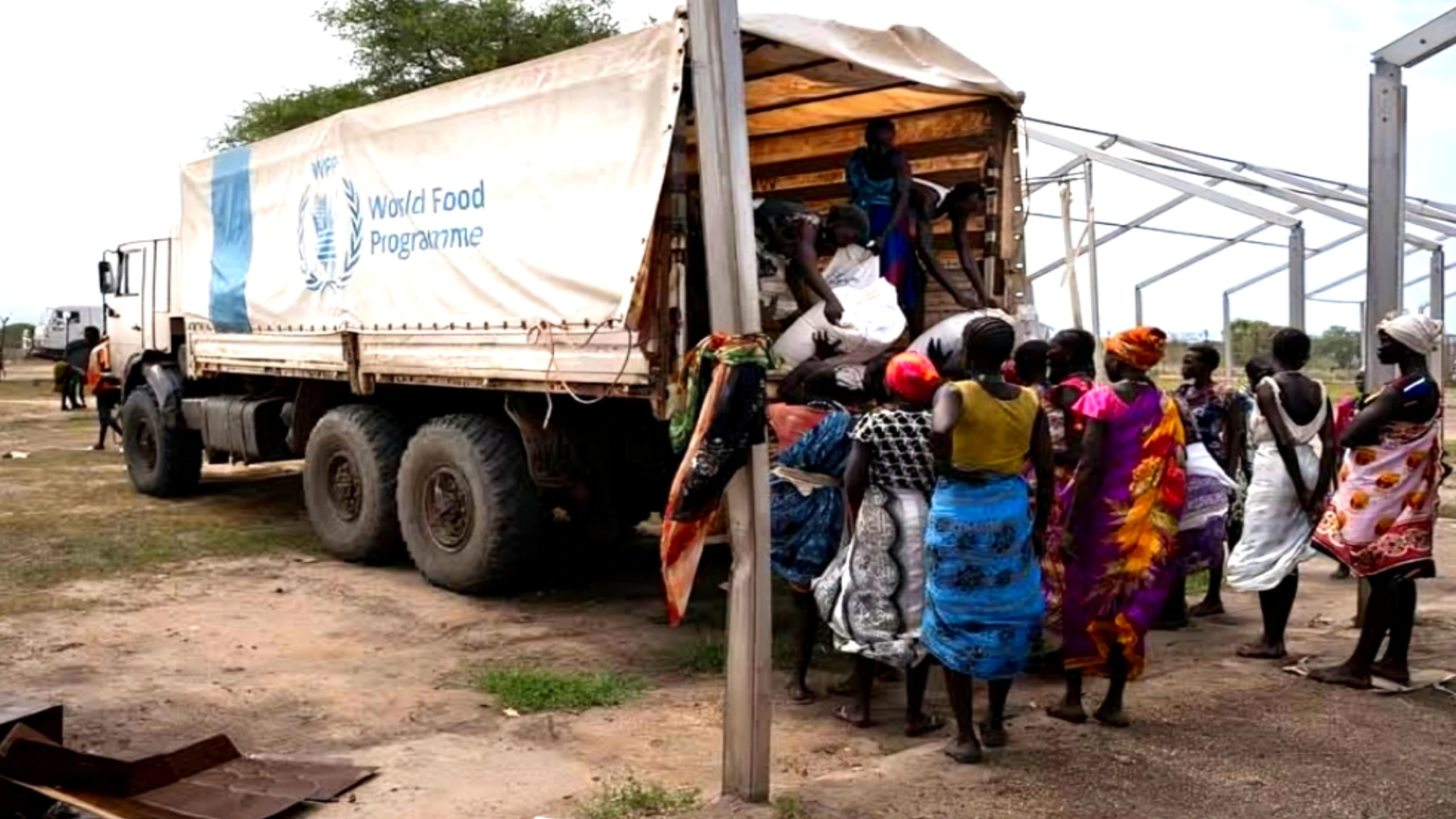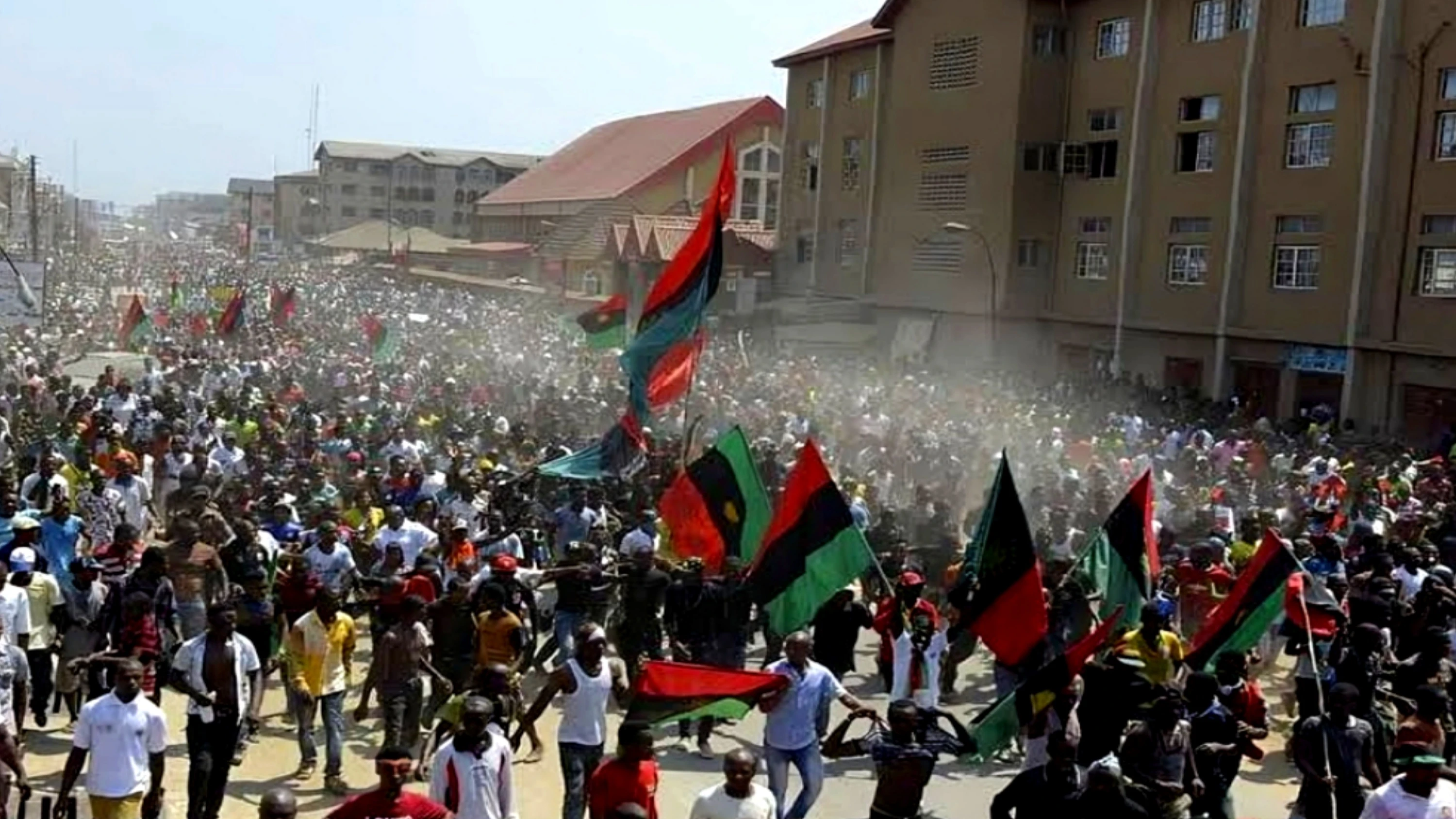New York: The United Nations has accused Myanmar's ruling military of breaching its own ceasefire by launching fresh attacks on opposition groups across the country. The accusations come as the country reels from a deadly 7.7-magnitude earthquake that has killed over 3,350 people and left thousands injured or missing.
According to the UN Office of the High Commissioner for Human Rights, there have been 53 reported attacks by the junta since the April 2 ceasefire announcement, including 16 airstrikes. The UN also said that humanitarian aid is being restricted in some quake-affected regions where communities are perceived to oppose military rule.
As international relief operations continued on Friday, US Secretary of State Marco Rubio confirmed a major shift in American foreign aid policy. Speaking in Brussels, Rubio announced that the United States will no longer be the leading contributor to global humanitarian efforts, urging other wealthy nations to share the burden.
Rubio emphasized that while the US would still provide assistance, it must balance its global responsibilities with domestic priorities. "We’re not the government of the world," he said, adding that countries like China and India also need to contribute more to global crises.
Meanwhile, Myanmar’s military leader Min Aung Hlaing made a rare diplomatic appearance in Thailand, attending a regional summit despite international isolation since the 2021 coup. His presence sparked protests, with banners denouncing him as a murderer. During the summit, he met with Thai Prime Minister Paetongtarn Shinawatra and Indian Prime Minister Narendra Modi, who reportedly called for the ceasefire to be made permanent.
In the aftermath of the quake, aid organizations say the situation on the ground remains dire. Survivors sleeping outdoors lack basic necessities such as tents, clean water, food, and medical supplies. The UN warns that extreme weather and the risk of disease could worsen the humanitarian crisis. At least 173,000 pregnant women are reportedly in need of urgent care, with many hospitals damaged or non-functional.
Teams from China, India, and Russia are participating in rescue efforts in hard-hit areas including Naypyidaw and Mandalay. UN officials Tom Fletcher and Julie Bishop are set to arrive in Myanmar to assess the situation and coordinate aid efforts.
In a related development, Myanmar has approved the return of 180,000 Rohingya refugees currently residing in Bangladesh, as part of a long-delayed repatriation process. The announcement was made following a meeting at the BIMSTEC summit in Bangkok between officials from both countries.
The move marks the first concrete step in years toward resolving the refugee crisis, though many Rohingya remain skeptical. With over a million still living in overcrowded camps in Bangladesh, and persistent fears of persecution back home, many view the gesture as superficial.
"We want a genuine solution," said refugee Shafiqur Rahman. "Myanmar must take us all back, with full rights and citizenship. Otherwise, this process means nothing."








